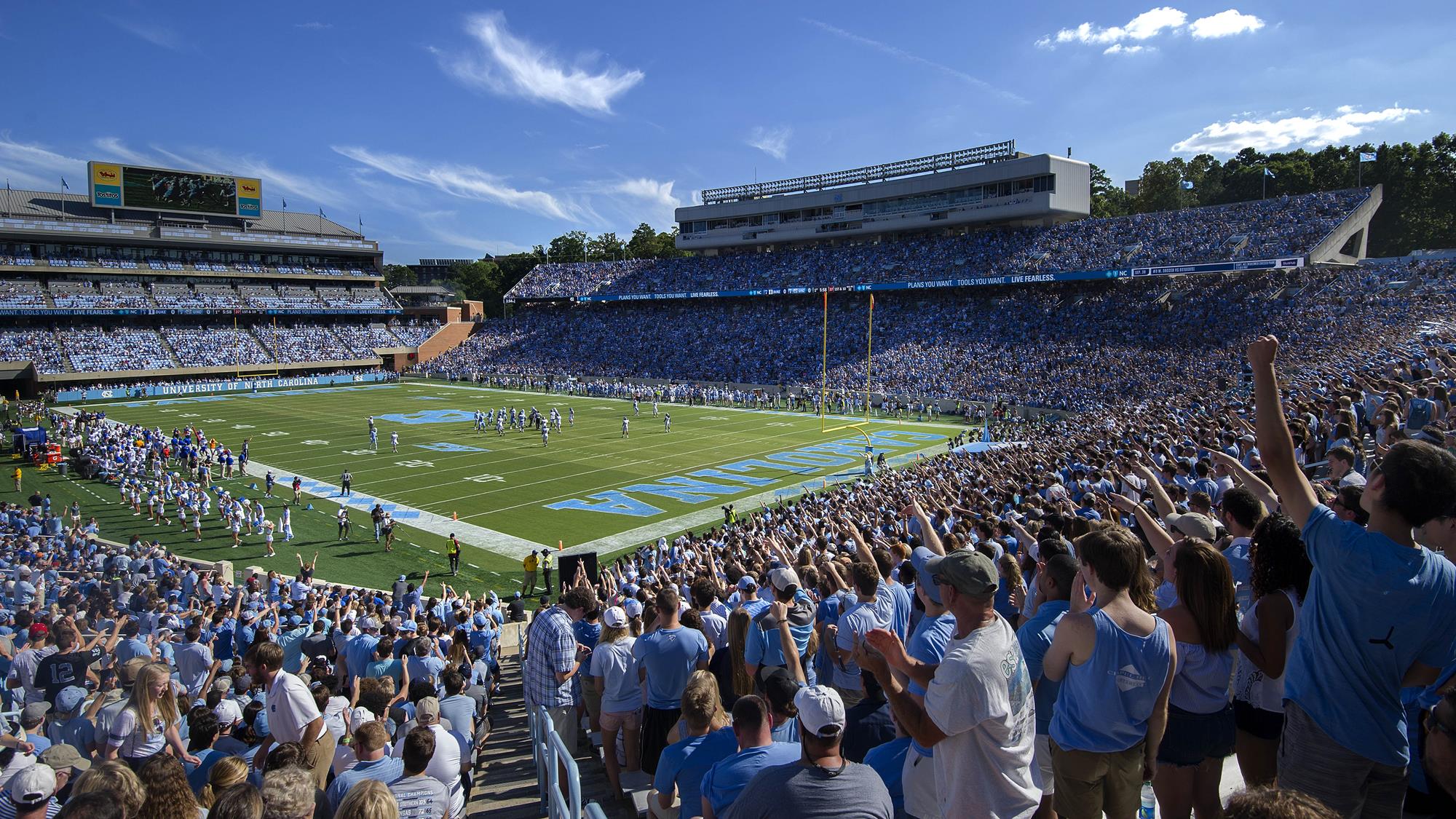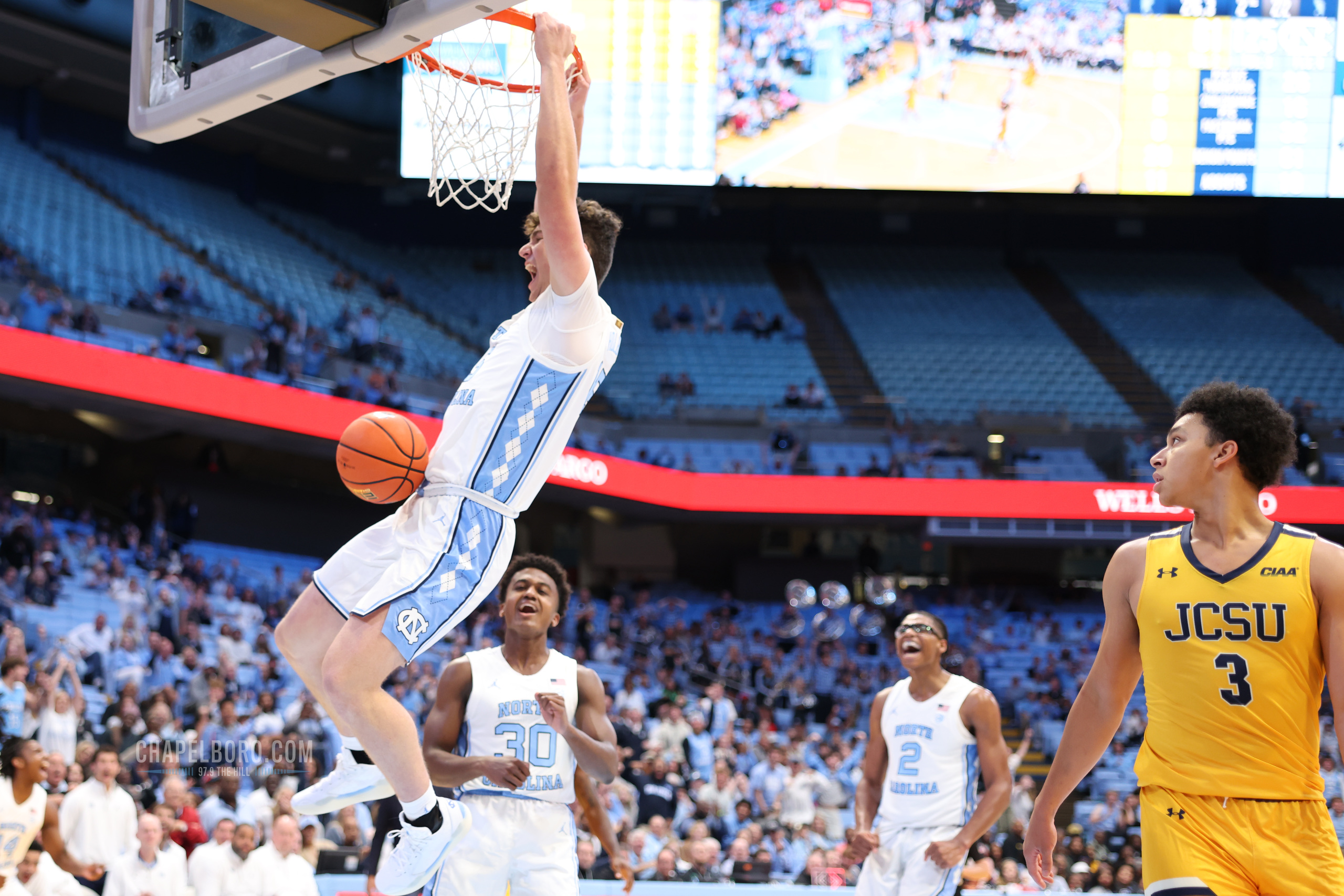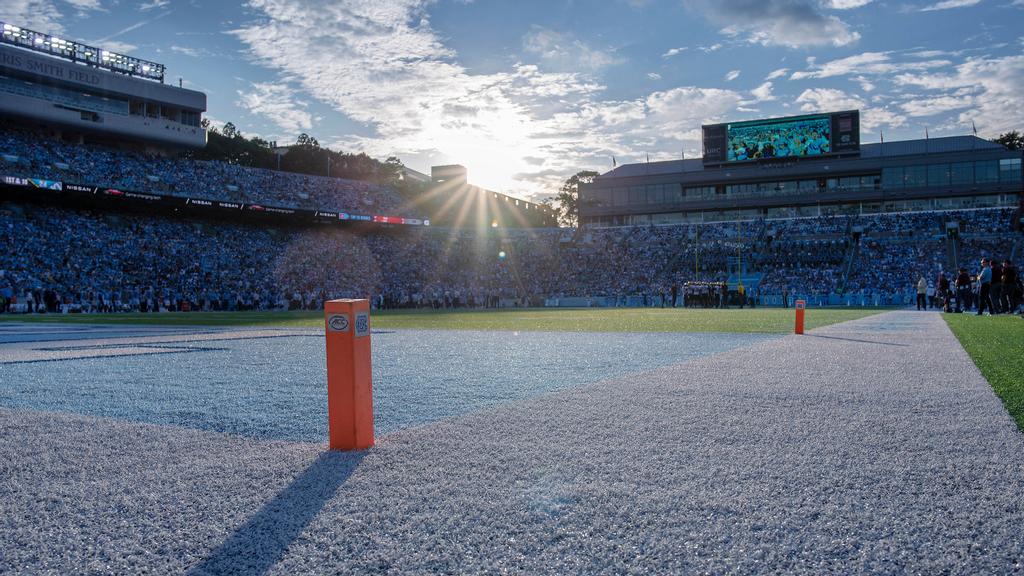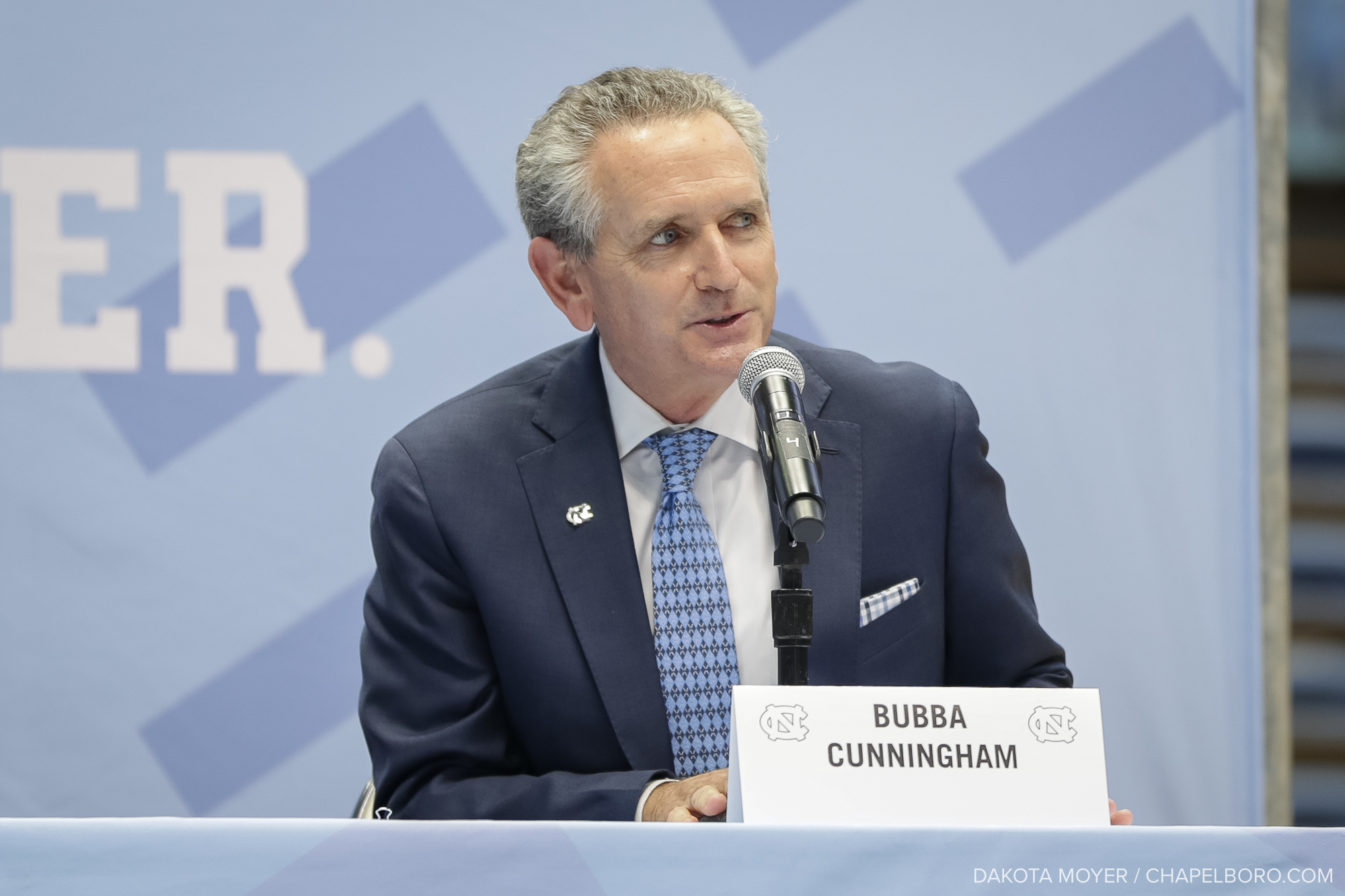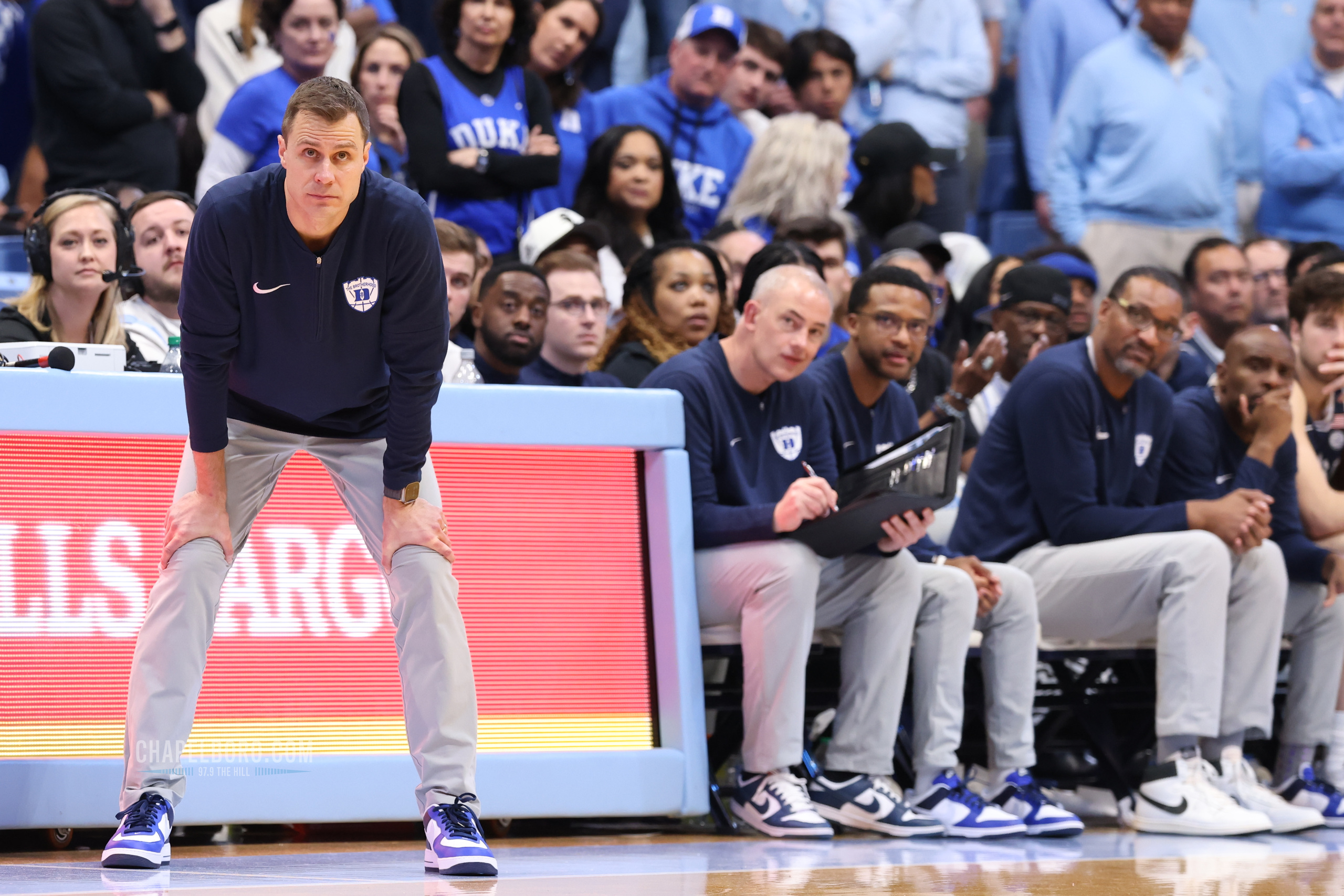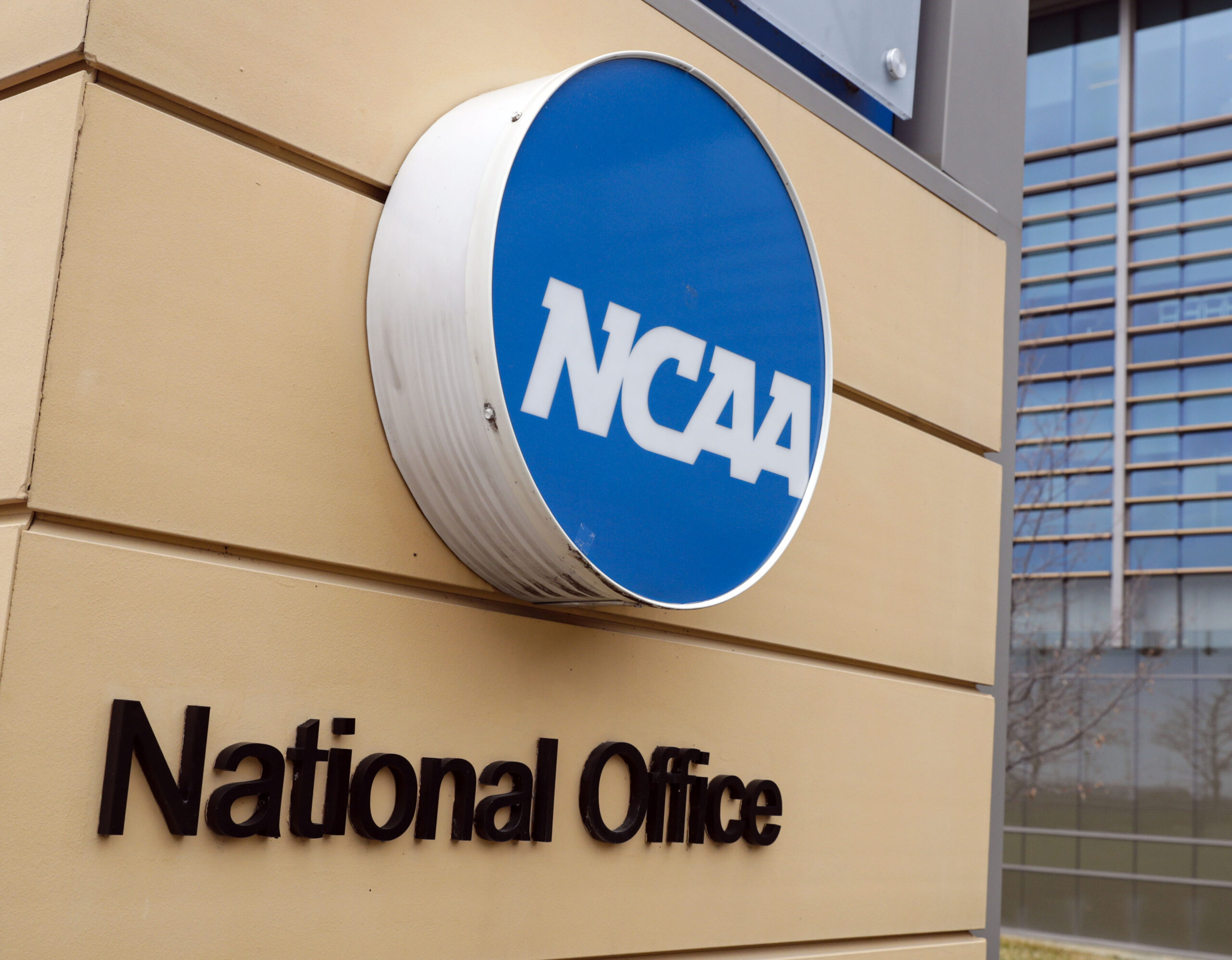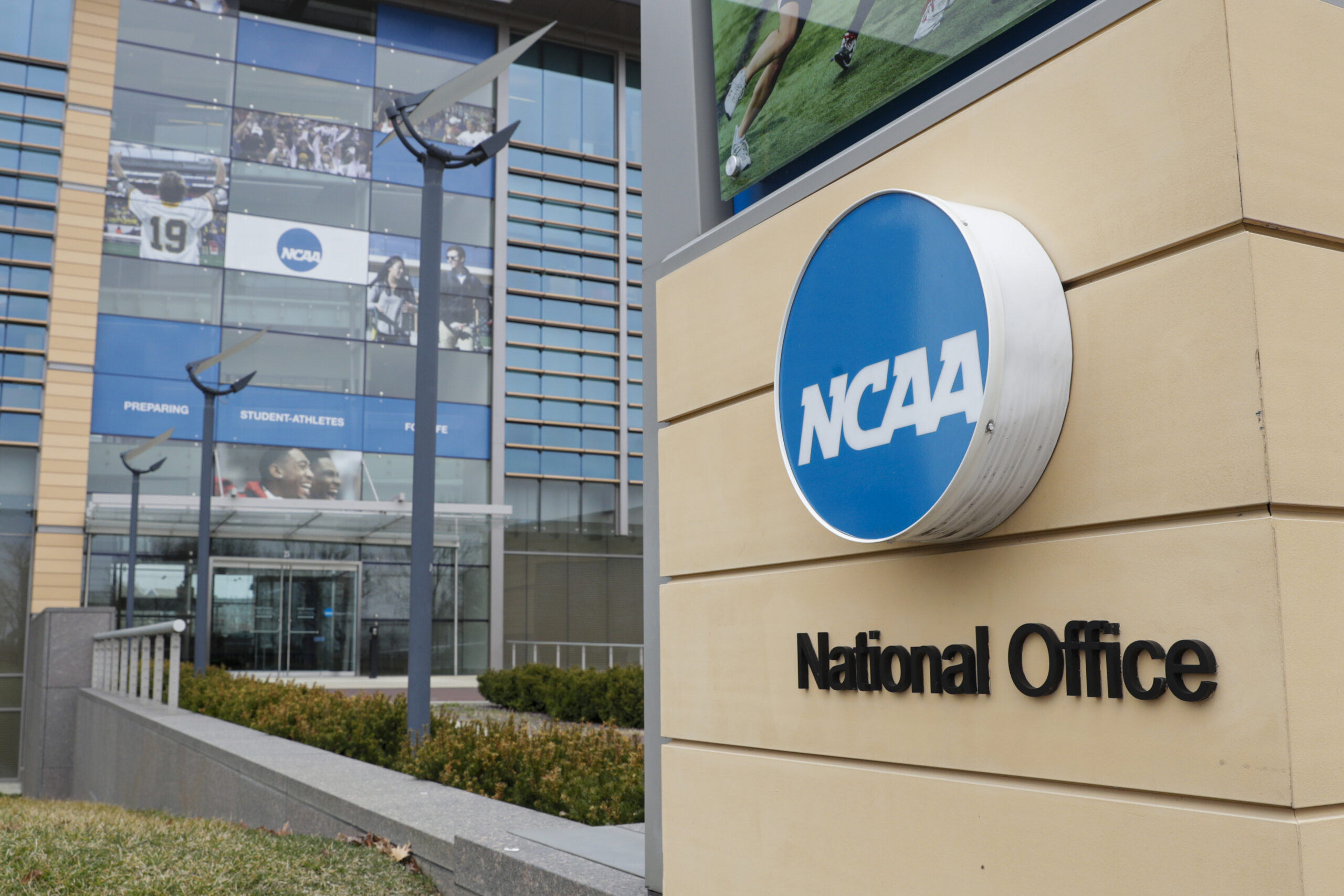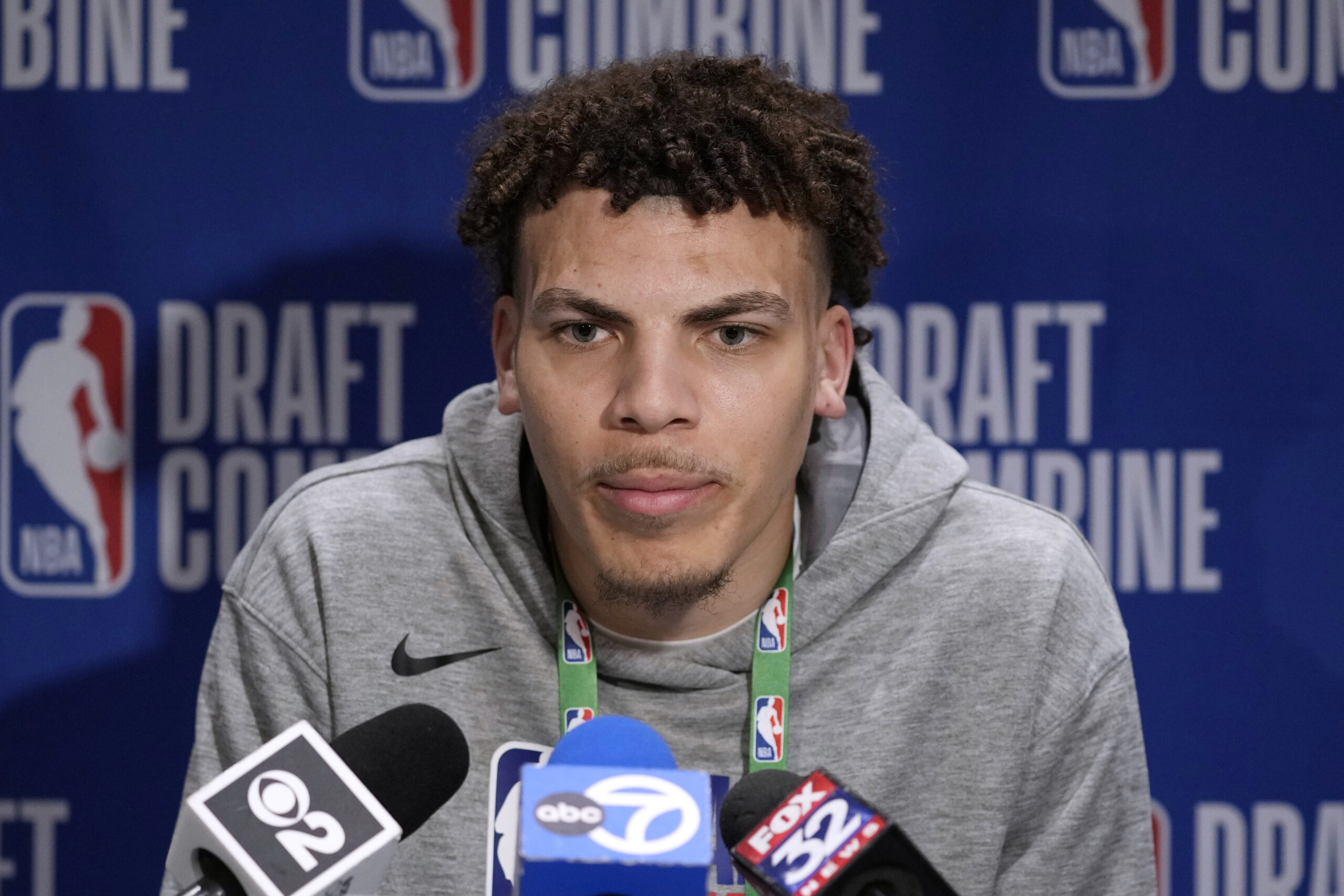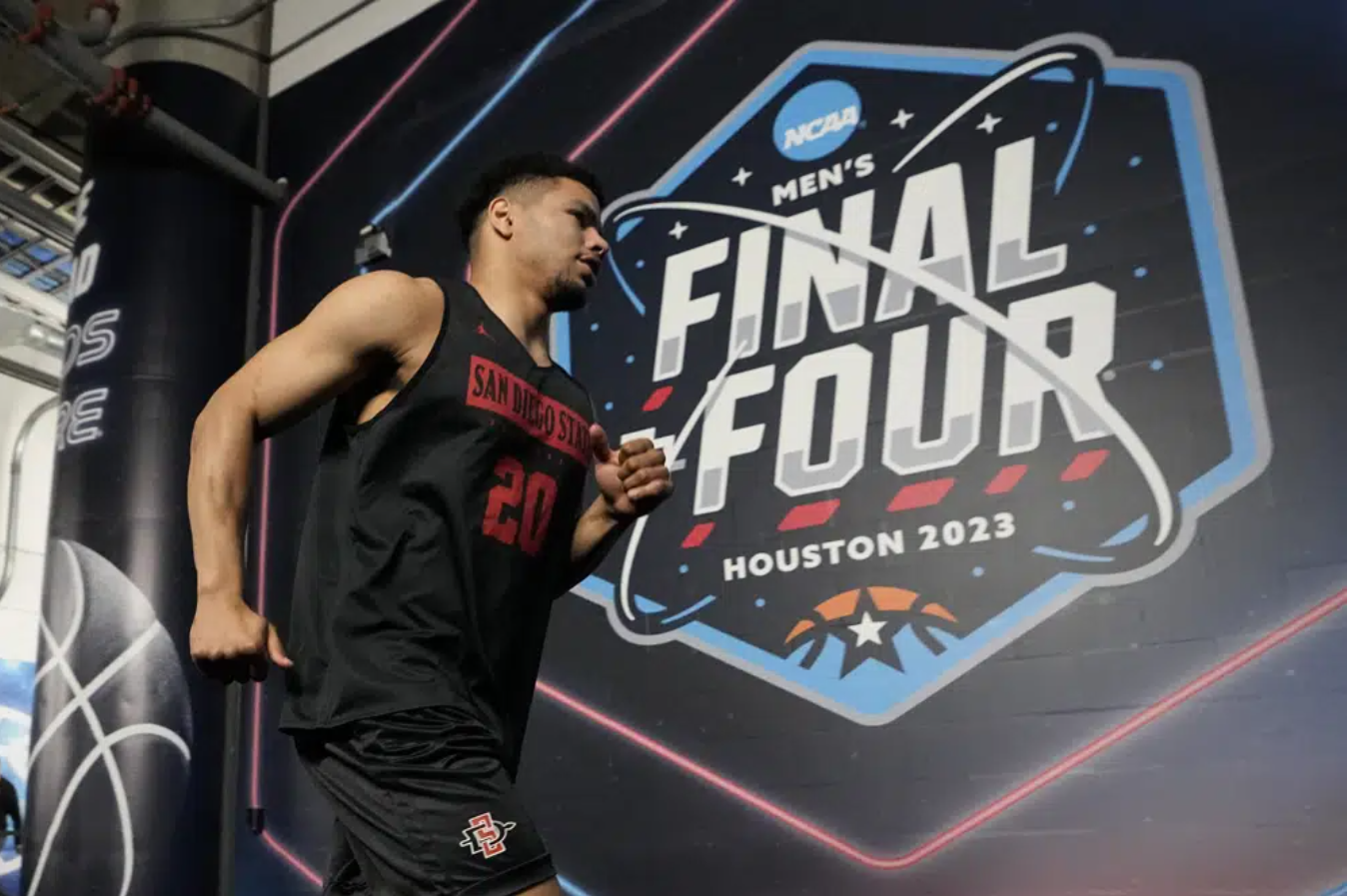
Art Chansky’s Sports Notebook is presented by The Casual Pint. YOUR place for delicious pub food paired with local beer. Choose among 35 rotating taps and 200+ beers in the cooler.
The NCAA and the Power Five Conferences can take a deep breath.
Whenever, and if ever, their multi-billion-dollar settlement with college athletes happens, it won’t be in the foreseeable future. That gives the ruling body of college sports, and its biggest and richest members, more time to figure out their future, right or wrong.
It may also give college jocks time to study how Dartmouth athletes unionized and be prepared to counter the settlement and muddy even more the collective-bargaining waters that are coming.
A 74-year-old judge with at least 15 years of handling antitrust cases involving amateur athletes has indicated she will not give rubber-stamp approval to whatever proposal the parties crafted and theoretically agreed upon. Of U.S. District Judge Claudia Wilken, experts say there is a reasonable chance Wilken will eventually deep-six the entire deal.
She won’t even review the supposed settlement for months because there is no actual agreement to read and examine. There is only a term sheet including just big picture items that must be sorted out and communicated to the member schools and athletes.
The new model could unknowingly trigger more legal problems under Title IX, the employment of athletes, and many other laws associated with paying students who’ve been competing for nothing more than their scholarships for more than a hundred years.
The bewilderment and vagueness over how much money the athletes will make and how much money schools must earmark for them has spawned fear of unintended consequences like when the transfer portal and new rules arrived just as NIL exploded. Presto, we had pay for play when nobody thought about that ahead of time.
One of the consequences may be athletes refusing to participate because of such uncertainty and then grouping to file class action suits against their particular schools and the NCAA. And excluding athletes from before 2016 has not been explained. Don’t you think Tyler Hansbrough – the face of college basketball for four years – is wondering? Another class action suit in the wings.
When all is down on paper, Judge Wilken must decide whether the so-called settlement is fair to all parties (under Federal Rule of Civil Procedure laws). Extended haggling will make millions more for attorneys who, at this point, are the only people on the payroll.
The Google Books lawsuit, which took more than 10 years in court before settling, is being studied by those lawyers as a comparison. Google wanted to copy pages of copyrighted publications and sell them without compensating the authors and their agents. There is a Federal Copyright Act that Google was trying to dodge for a decade, leaving thousands of writers without payment or royalties of any kind.
The NCAA and its members have no one to blame but themselves for leaving athletes without any of the benefits THEY were receiving as revenues moved into the billions and very little was done for the athletes solely responsible for generating that growth.
Featured image via Associated Press/David J. Phillip
 Art Chansky is a veteran journalist who has written ten books, including best-sellers “Game Changers,” “Blue Bloods,” and “The Dean’s List.” He has contributed to WCHL for decades, having made his first appearance as a student in 1971. His “Sports Notebook” commentary airs daily on the 97.9 The Hill WCHL and his “Art’s Angle” opinion column runs weekly on Chapelboro.
Art Chansky is a veteran journalist who has written ten books, including best-sellers “Game Changers,” “Blue Bloods,” and “The Dean’s List.” He has contributed to WCHL for decades, having made his first appearance as a student in 1971. His “Sports Notebook” commentary airs daily on the 97.9 The Hill WCHL and his “Art’s Angle” opinion column runs weekly on Chapelboro.Chapelboro.com does not charge subscription fees, and you can directly support our efforts in local journalism here. Want more of what you see on Chapelboro? Let us bring free local news and community information to you by signing up for our newsletter.



